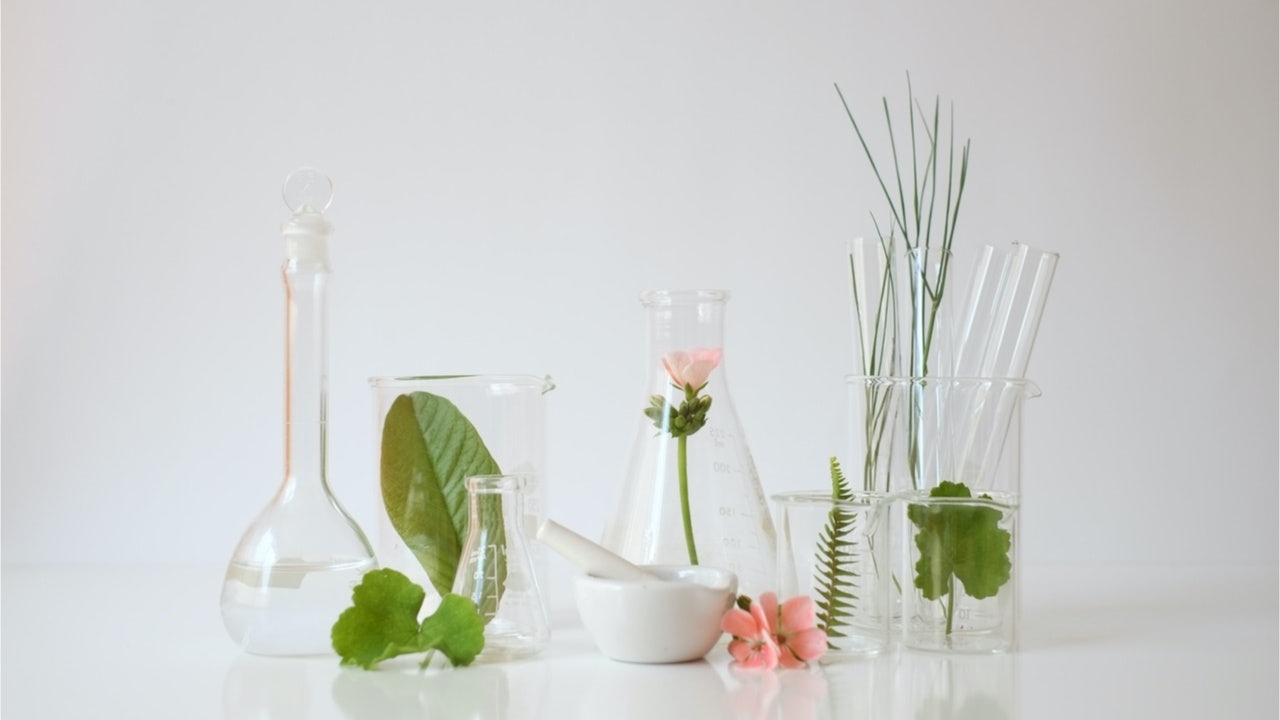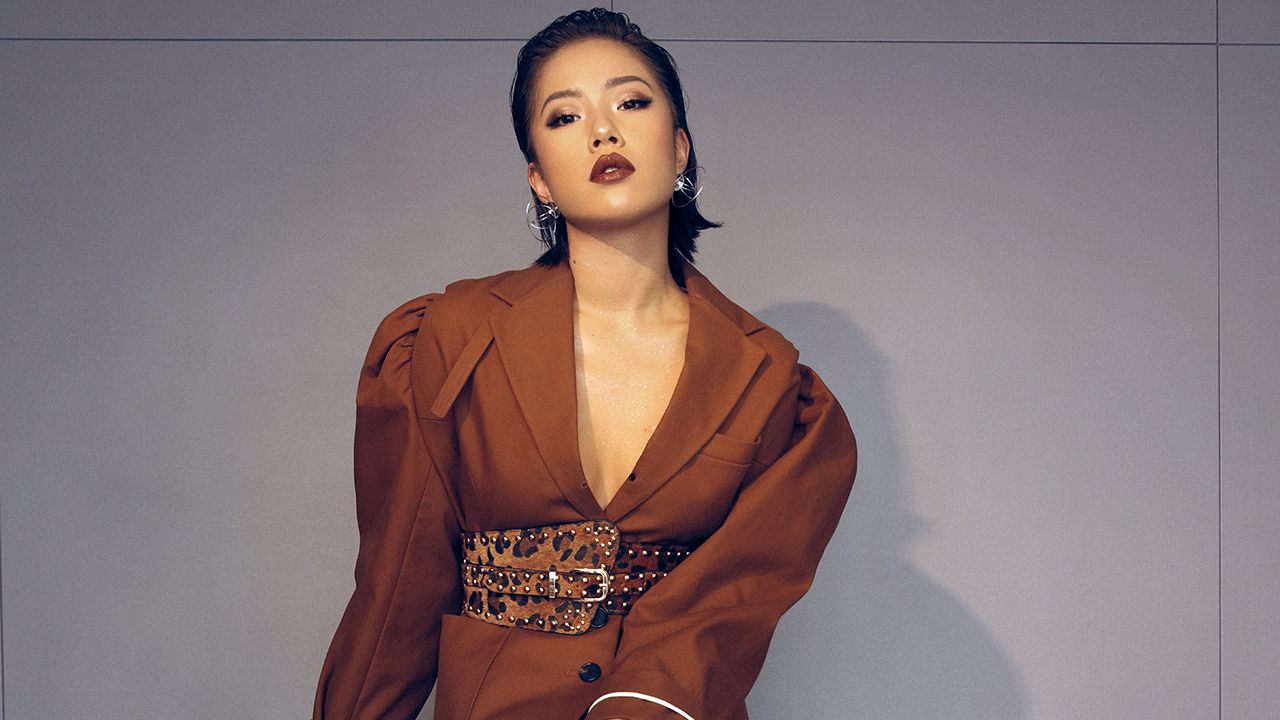China is the world’s third-largest consumer market for prestige skincare with over 3.5 million earned in 2020 thus far, so it’s not surprising that global brands have now set their sights on this market. But the global giants have discovered that even China’s beauty industry has opened up to agile domestic brands and engaged their target audiences with specialized offerings. Furthermore, these domestic beauty brands have captured the hearts of consumers with new high-tech beauty products and niche sub-industries. Now, instead of solely competing among themselves, global beauty brands have to also compete with smart local companies.
Given the complexity of the Chinese beauty market, these innovative brands have found new ways to directly reach their consumers. They understand that the best strategy is to focus on evidence-based skin analysis and safe and nontoxic products, while also integrating their skin labs into their direct-to-consumer product channels.
SkinCeuticals is a great example of this bold, new direction. The Business Journals highlights how the company is launching “skin labs,” which will bring its products that were previously only available online and from dermatologists directly to consumers without a third-party retailer. However, SkinCeuticals is not the only brand to use this approach, and labs that offer personalized skincare consultations and specialized treatments have become the newest luxury beauty trend. Unsurprisingly, China leads the way in this movement.
Why are these laboratories on the rise?#
These new beauty ecosystems were created because of China’s “skintellectuals” — a group of demanding and highly-intelligent consumers that has become the force behind the current global beauty boom — and they will do anything to satisfy their obsession with perfect skin and a delicate, youthful look. As such, there’s been a great demand for products like the app that the Chinese surveillance company Face++ created which provides machine-powered “Beauty Scores” by grading the level of a person’s facial attractiveness.
There’s been an industry-wide push to boost direct engagement with the end consumer, and these laboratories are changing not only the beauty game but also the rules of engagement by bringing the consumer closer to the brand and eschewing third-party retailers. Meanwhile, consumers are also demanding more transparency in the beauty market, which is why in-house laboratories — with their try-on approach and traceable ingredients — want to reshape the industry.
Younger consumers are also passionate about high-tech product lines, and they love beauty providers that use cutting-edge technologies to create anti-aging skincare and flawless makeup looks. For instance, CB Insights’ Industry Analyst Consensus states that the global beauty devices market represents a 74-billion opportunity that’s driven by the development of new treatment modalities and a greater awareness of skin diseases and problems.
And finally, skin labs offer improved customer experiences that will only boost client loyalty and revenues in the long run. With skin labs, inserting all touchpoints into this customer-experience strategy can create a hyper-personalized portrait of the client while offering a greater perspective on beauty consumers’ needs.
Which skin laboratories are winning the Chinese consumers over?#
The Junping Lab shipping container is a high-tech space where smart-beauty mirrors come equipped with a skin-analysis function that detects the customer's skin problems and offers them product recommendations. Frame explains how this is the first physical space for this beloved beauty brand. Early on, fans could get their hands on Junping products only through the Alibaba online platform, where the brand registered record-breaking sales during last year’s Singles’ Day shopping extravaganza by raking in 25 million RMB in only one day.
But not to be outdone, L’Oréal has started growing Chinese skin at its Shanghai laboratory to test its products. According to Bloomberg, the French beauty giant holds “pale blobs of skin that scientists created to help customize makeup for Chinese faces.” Through this innovative — yet creepy — procedure, L’Oréal hopes to create anti-aging serums, whitening creams, and pollution-fighting cleansers that are perfectly adapted for the Chinese market.
In the Fengxian district, a suburban area in Shanghai, the government has envisioned a research and development hub that will become the “Silicon Valley for China's beauty industry.” According to China Daily, the area has recently welcomed some of China’s biggest cosmetics companies such as Jala Group, Nu Skin, and Pechoin. Some of the most acclaimed beauty products have come from the research labs in the Fengxian district, and Shine states that “research labs with the Shanghai Research Institute of Fragrance & Flavor Industry as well as a testing center with East China University of Technology have begun serving the companies” in Fengxian.
Meanwhile, industry leader Estée Lauder launched its Lab Series back in 1987 and inaugurated an innovation center in Shanghai in 2011 to design first-rate products tailored to Chinese and Asian skins.
Long gone are the days when China was hooked on K-Beauty and J-Beauty products, and even German beauty products — with their “clean” manufacturing processes and sustainable standards — seem to have fallen out of favor. Nowadays, Chinese beauty junkies are embracing innovative products that emerge from labs and use cutting-edge technologies. In today’s international market, intelligent consumers are aware that the quality of a product is more important than the origin, and the next global trend in miracle serums could easily come from a lab in Shanghai or Guangzhou.

